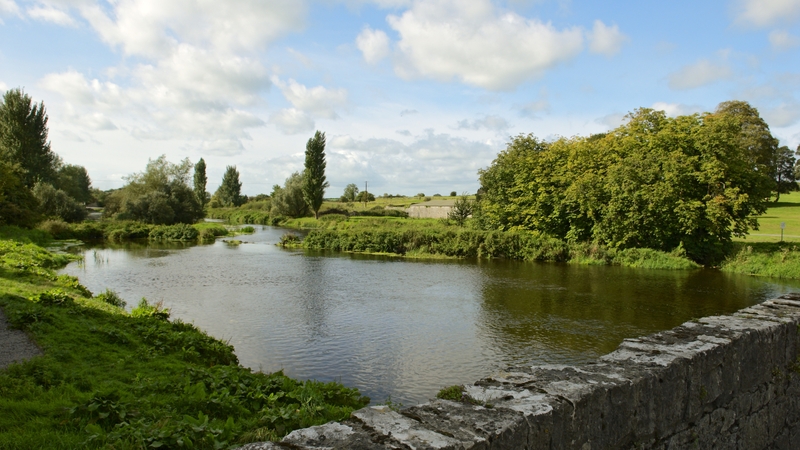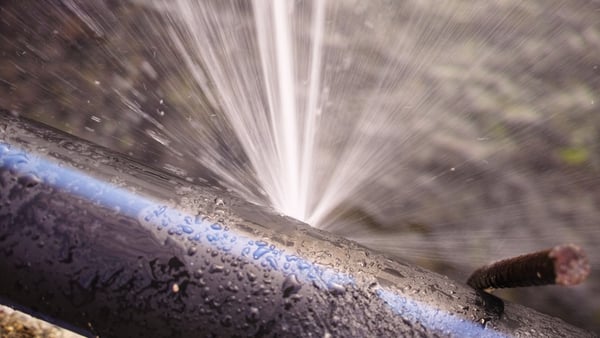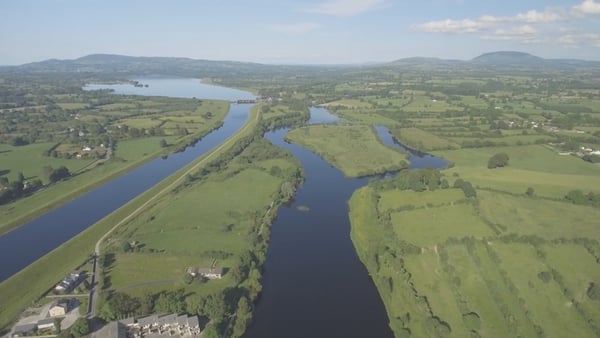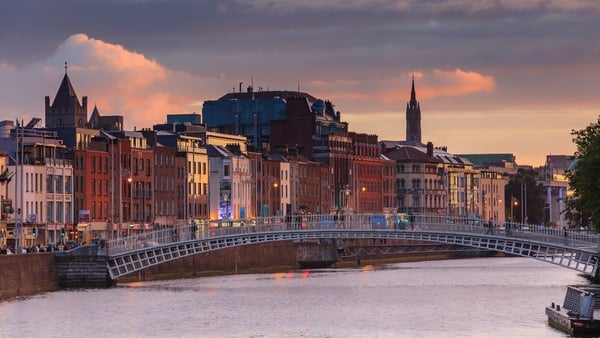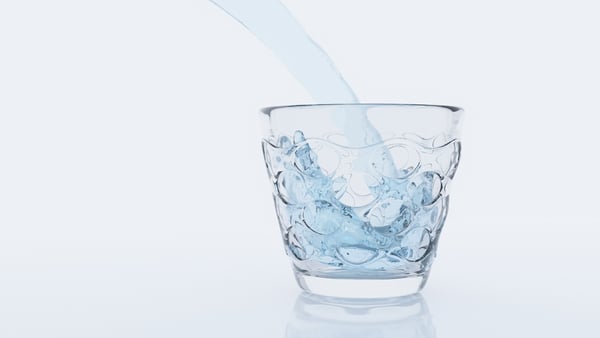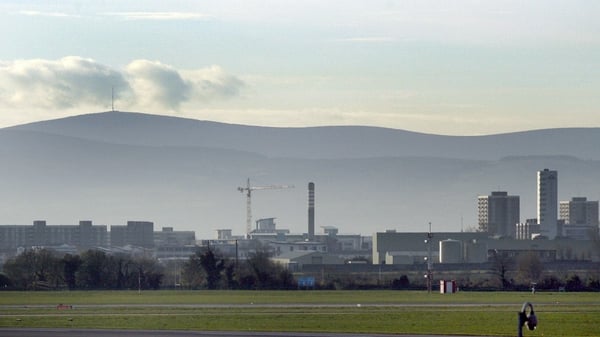There is an urgent need to curb nitrogen pollution in Ireland's surface and ground waters, which continue to be under pressure from human activities, the Environmental Protection Agency has warned.
According to the EPA's latest assessment, Ireland is in danger of losing its excellent coastal water quality unless urgent action is taken to reduce the amount of nitrogen from farms entering Irish waters.
The report into Ireland's rivers, lakes, estuaries, and groundwaters said that despite some improvements in the biological quality of our rivers, many are not as ecologically healthy as they should be.
Out of 1,836 river bodies examined, 43% were unsatisfactory and 230 had worsened since 2017.
Against that, however, 345 rivers had actually improved.
The biggest problems are caused by nitrogen and phosphorous being washed into water courses, primarily from farms, but also from wastewater.
This causes overgrowth of plants and algae, displacing other flora and fauna, resulting in oxygen depletion.
It damages the ecology of Ireland's water bodies and puts human health at risk.
The report highlights that agriculture is causing particular pressure in parts of the south, southeast and east of the country.
We need your consent to load this rte-player contentWe use rte-player to manage extra content that can set cookies on your device and collect data about your activity. Please review their details and accept them to load the content.Manage Preferences
The EPA said urgent action is now needed to reduce nitrogen pollution in the Bandon, Lee, Blackwater, Suir, Nore, Barrow and Slaney rivers.
It also called for continued and sustained investment by Irish Water to address water quality issues from urban wastewater.
Clean water is essential to our health and well-being. Water pollution can affect our drinking water as well as our recreational activities and livelihoods. It is vital that we protect our water quality. Read our EPA 2020 Water Indicators Report here: https://t.co/8RsxT9jPhL pic.twitter.com/yfZZS1tu3o
— EPA Ireland (@EPAIreland) July 14, 2021
Programme manager with the Environment Protection Agency, Mary Gurrie said the agency is very concerned about nitrogen levels in water sources in the south and southeast of the country.
She said that these levels are caused by agricultural activities, such as waste from livestock and fertilizers, and could pose a real risk to public health if the levels become too high.
Mary Gurrie explained that the land is good free draining soil which means excess nitrogen is not used by the crop, but moves down through the soil and into water supplies.
Speaking on RTÉ's Morning Ireland she said there are a suite of measures that farmers could undertake to tackle the problem and urged them to talk to their advisors about steps that could be taken.
Just half of Ireland's rivers and lakes are at a "good biological quality" that can support eco systems, and these are under threat from pollutants, she said.
Ms Gurrie said that waste water remains a significant pressure on water bodies and there are around 200 that are impacted by urban wastewater.
She added that the EPA has called for a sustained investment in wastewater infrastructure.
"We still have 35 sites discharging raw sewage, which is unacceptable in 2021."
She urged people with septic tanks to maintain them properly.
